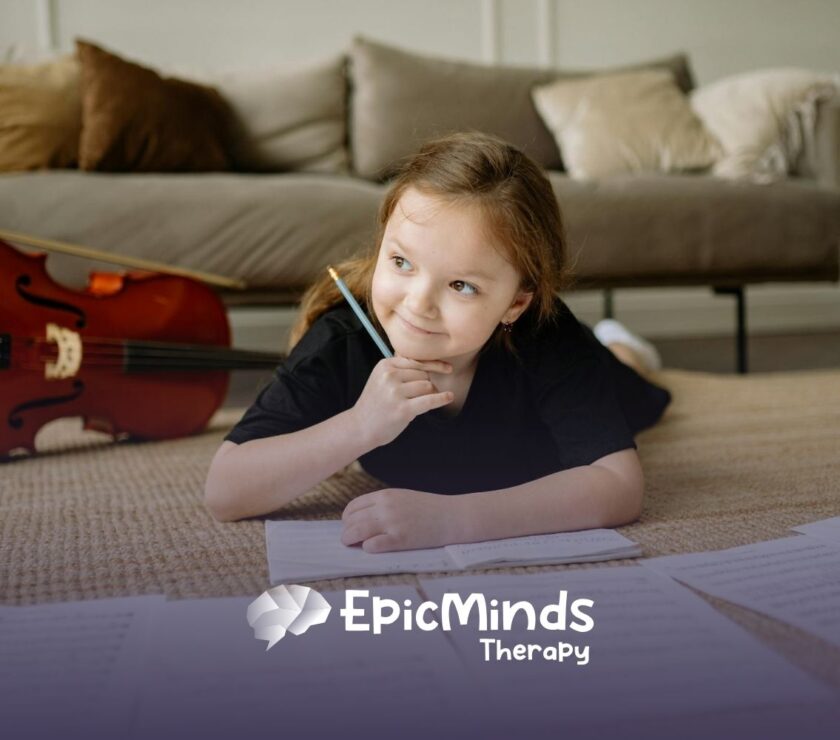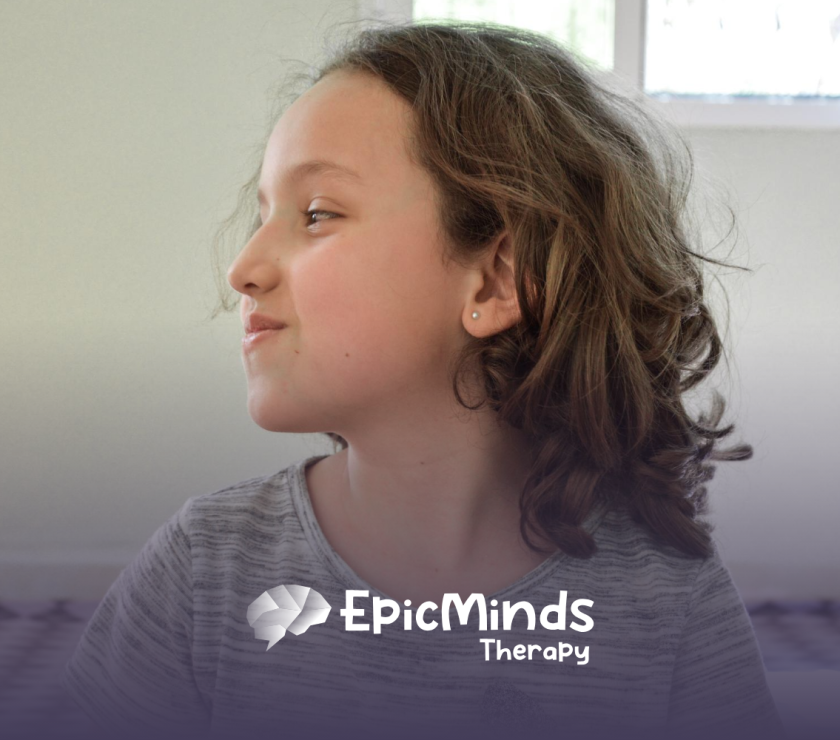Recognizing autism early helps children get the support they need. Knowing what are the signs of autism in a 4-year-old guides parents and caregivers to act promptly for evaluation.
At age 4, signs of autism usually show in social interaction, communication, and repetitive or restricted behaviors. If you notice multiple red flags, you should seek a professional evaluation.
Key Signs to Watch
- Social Communication Differences: Limited eye contact, difficulty engaging in back-and-forth conversations, or trouble understanding social cues like facial expressions.
- Repetitive Behaviors: Repeating body movements such as hand-flapping, rocking, or insisting on sameness in routines.
- Language Delays: Limited vocabulary or difficulty combining words into sentences. Some 4-year-olds with autism may not respond to their name consistently.
- Sensory Sensitivities: Over- or under-reacting to sounds, textures, or lights, often showing distress or unusual interest.
- Play Differences: Prefers solitary play, avoids imaginative play, or intensely focuses on parts of toys rather than whole objects.
When to Act: Getting an Evaluation
- Experts list poor eye contact, limited pretend play, intense or restricted interests, and rigidity as red flags in preschoolers.
- Medical News Today notes that 4-year-olds with autism may not respond to their name, use monotone speech, repeat phrases, or struggle with conversation
- The CDC tracks how early autism is identified and notes that identification by 48 months (4 years) is a key benchmark in early diagnosis efforts.
If your 4-year-old shows a combination of red flags across social, communication, and behavior categories, it’s wise to consult a professional—like a pediatrician, developmental specialist, or autism diagnostician. Early evaluation is important: numerous studies show early intervention often leads to better long-term outcomes.
At Epic Minds Therapy in North Carolina, we specialize in helping families who see these signs and want clarity. We can offer evaluation support to integrate observed behaviors into custom ABA programs.
If you’re seeing several of these signs and want a guided next step, contact Epic Minds Therapy today. Let us help you get answers—and support—for your child’s development journey.
Sources:





